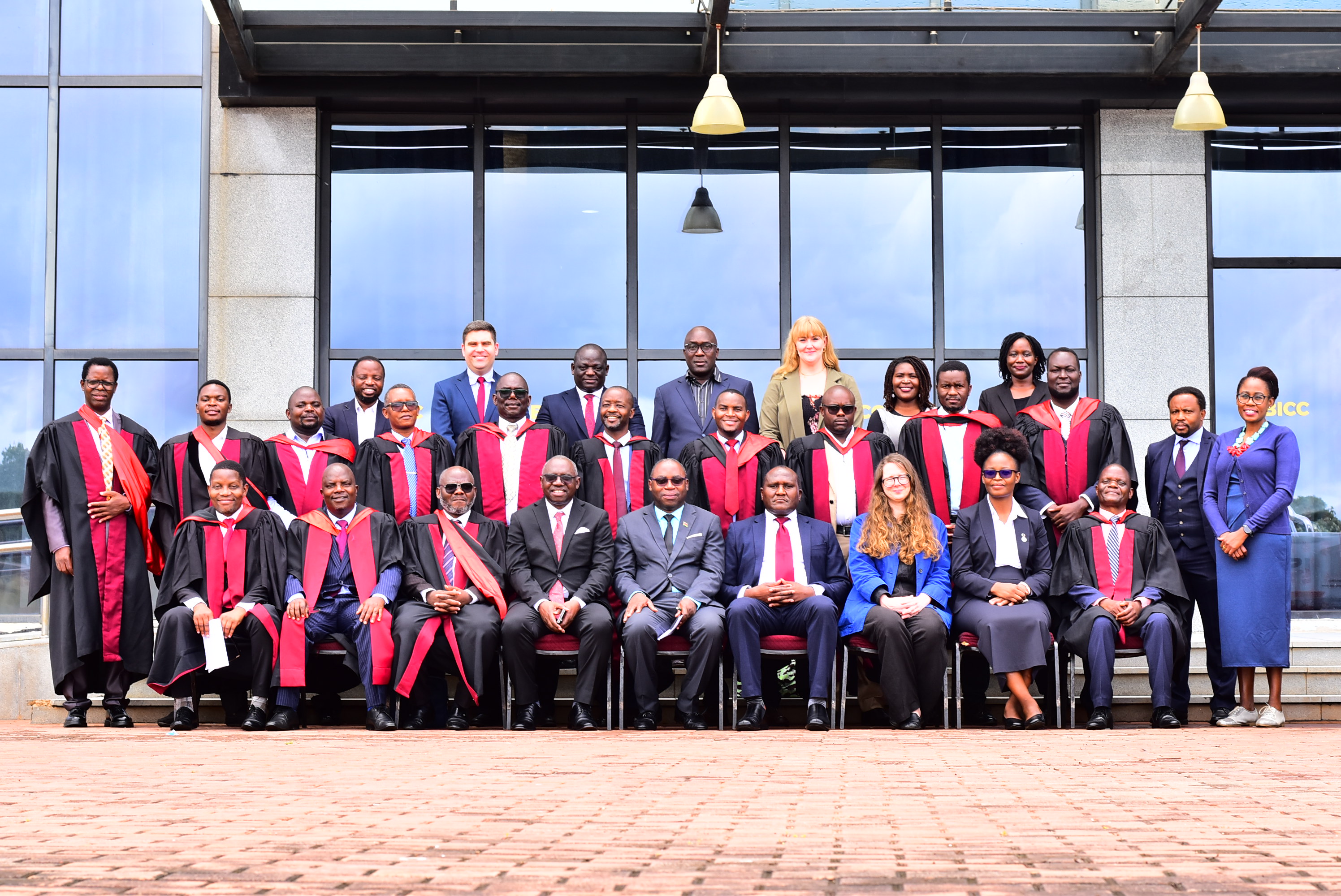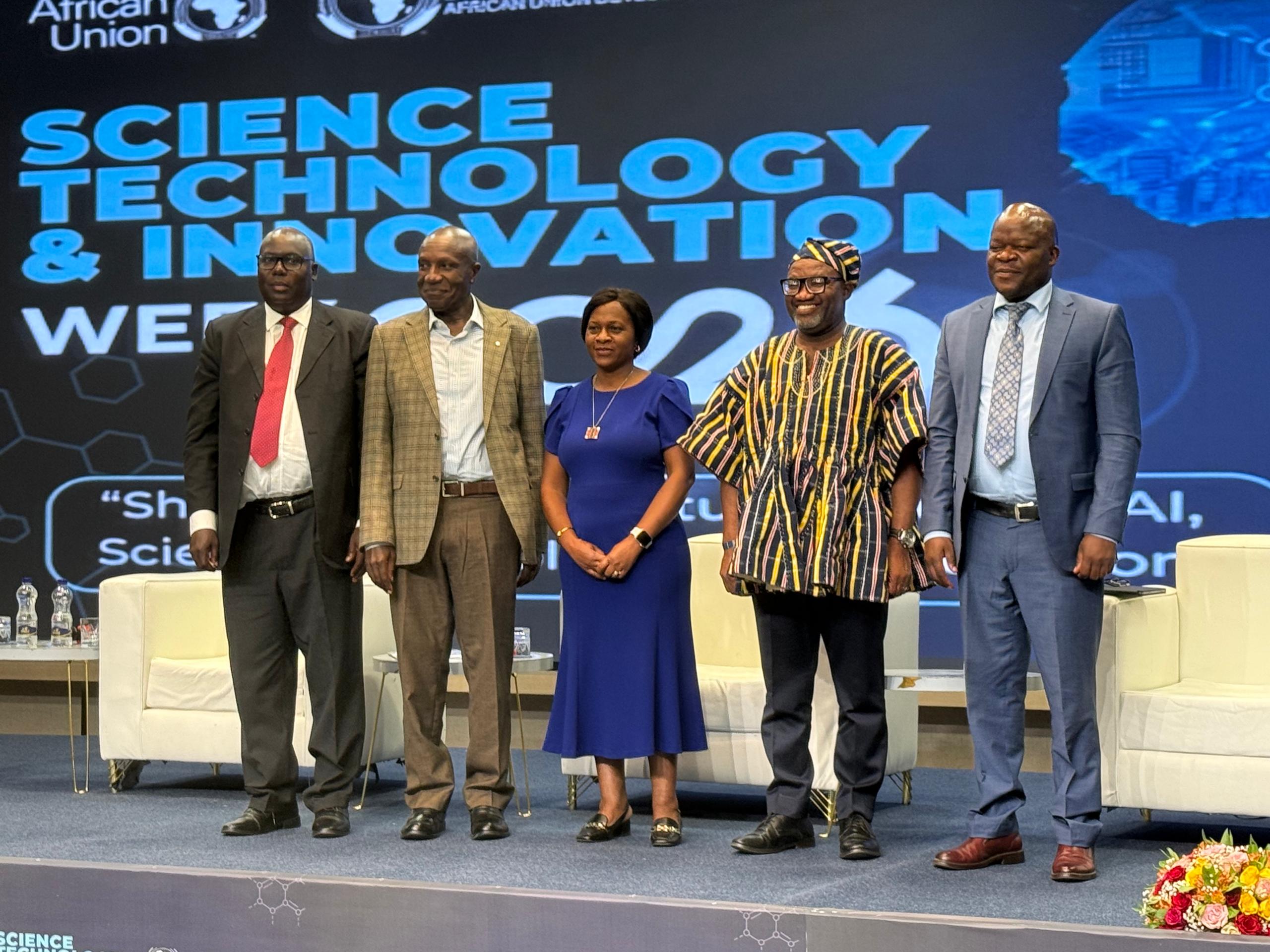The 2017 Annual Forum (AF) will be held in Livingstone, Zambia from 22 – 24 November 2017 alongside the Global Research Council (GRC) meeting. It will be hosted by the National Science and Technology Council (NSTC), Zambia and National Commission for Science and Technology , Malawi in partnership with The New Partnership for Africa’s Development (NEPAD) of the Africa Union Commission.
The overarching theme for the forum is: Towards Effective Public – Private Partnerships in Research and Innovation in Africa.
As Africa articulates its vision for socio-economic transformation by improving its research and innovation systems for the implementation of the Science, Technology and Innovation Strategy for Africa 2024 (STISA-2024), discussions on strengthening partnerships between the public and private sector have been reignited. African governments have pledged their supports for partnerships as a vehicle for achieving sustainable transformation and committed to “the development, coordination and sustaining of networks and partnerships at national, regional, continental and global levels” as outlined in the NEPAD agenda (NEPAD, 2013). Effective public-private partnerships have the potential to address societal development challenges through the combination of skills, competencies and expertise to overcome their individual limitations (Kania and Kolk, 2013). Flourishing public-private partnerships can increase public sectors’ responsiveness to the transformation of innovation processes and associated private sector needs and strategies, as well as enhance the translation of research results and outputs into innovations.
The motivations for pursuing public-private partnerships differ depending on each actor’s
interests. Such motivations include among others:
- access to knowledge, expertise, skills, networks and contacts;
- access to funding; improved stakeholder relations; improved reputation and credibility;
- increased operational efficiencies and effectiveness;
- creation of more appropriate
services and products; access to and/or knowledge of new (future) markets; - access to and more insight into business operations, current markets and supply chains; and
- increased leverage/ impact (Rondinelli and London, 2003).
The Science Granting Councils as government intermediaries have a crucial role to play in catalysing and facilitating public-private partnerships to stimulate private and public investments in research and innovation.
Already, these Councils are beginning to promote public-private sector partnerships. For example, the Ministry of Environment, Science, Technology and Innovation (MESTI) in Ghana has piloted five (5) public – private sector partnerships bringing together public universities and the private sector.
The World Bank – funded initiative provided competitive grants of up to US$ 500,000 to support the establishment of new offices for private sector R&D collaborations, fund latter-stage applied research, facilitate technology transfer and facilitate capacity building for CEOs of the research institutes.
In Kenya, the National Commission for Science, Technology and Innovation (NACOSTI) has been promoting multi-institutional, multidisciplinary research involving public and private sector actors through its science, technology and innovation (STI) grants scheme.
The 2017 Annual Forum provides an opportunity for NCST to interact with other key science, technology, and innovation (STI) system actors such as the private sector, and policymakers to share experiences and learn from each other.


